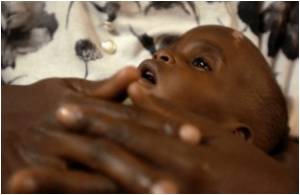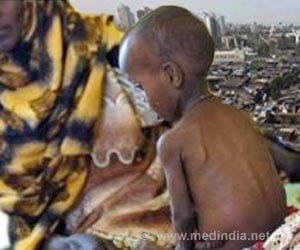
After the plains of southern Kenya experienced a severe drought in 2009 that took a terrible toll on wildlife, researchers at the Duke and the Princeton Universities looked at how 50 wild baboons coped with the drought, and whether the conditions they faced in infancy played a role.
"The data suggest that early adversity carries lifelong costs," said study author Jenny Tung from Duke University.
During the drought, the grasslands the animals depend on for food dried up and watering holes disappeared, leaving many animals starving or weak from hunger.
"We lost 98 percent of the wildebeest population, 75 percent of the zebra population and 30 percent of the elephant population," said study co-author Susan Alberts from Duke University.
Most baboons made it, but the drought left them underweight and many females stopped ovulating.
Advertisement
During the 2009 drought, baboons born during low rainfall years were 60 percent less likely to become pregnant, whereas pregnancy rates dipped by only 10 percent for females born during normal rainfall years.
Advertisement
The findings help explain why people who are malnourished in early childhood go on to have higher rates of obesity, diabetes and heart disease as adults.
"It’s bad to be born in bad times, but with the right social or economic environment, that can be mitigated," Alberts added.
Source-IANS















